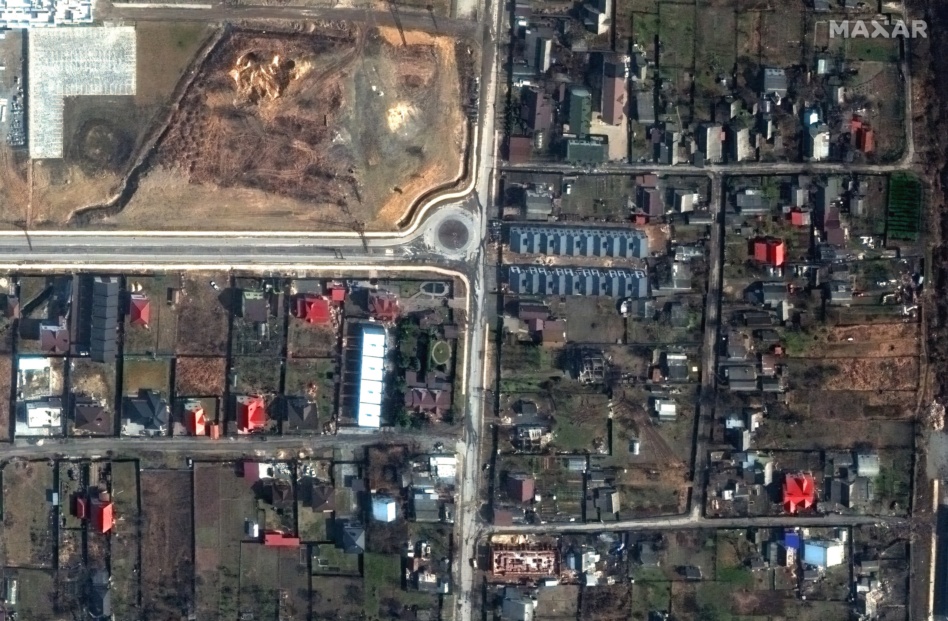Leaders at six of the biggest remote sensing firms are urging Congress to reject cuts proposed in the Trump administration’s fiscal 2026 budget plan—a proposal that would dramatically reduce the government’s purchasing of commercial EO data.
“The commercial remote sensing sector has listened, innovated, and delivered dependably,” the CEOs wrote in the letter. “Eliminating funding would sever critical data streams, stall key initiatives like Golden Dome and the Commercial Augmentation Space Reserve, and cede space industry leadership to China, whose state-backed enterprises are accelerating rapidly.”
Heavy hitters: The letter, which was sent on Monday to leaders of the appropriations, intelligence, and armed services committees in the House and Senate, is signed by:
- Maxar CEO Dan Smoot;
- ICEYE US CEO Eric Jensen;
- BlackSky CEO Brian O’Toole;
- Capella Space CEO Frank Backes;
- KSAT Inc. President Dan Adams;
- Planet Labs CEO Will Marshall.
Budget lines: The letter says that the fiscal 2026 budget request eliminates funding for a Commercial Synthetic Aperture Radar (COMSAR) program, in addition to making major cuts to the Electro-Optical Commercial Layer (EOCL) and the Commercial Radio Frequency acquisition programs. These initiatives fall under NRO, which has a classified budget.
Unintended consequences: The letter lays out several downstream effects if the proposed cuts become a reality, including:
- Hurting the credibility of US remote sensing companies on the global commercial market;
- Eliminating some specialized engineering and manufacturing jobs in the US;
- Reducing the operational readiness of the national security and intelligence communities, which have come to rely on commercial data;
- Reversing congressionally backed mandates to increase the government’s use of commercial services.
“The decision to abandon America’s vetted and reliable commercial remote sensing capabilities, while adversaries China, Russia and Iran rapidly expand their state-backed Earth observation infrastructure, is ironic, shortsighted, and perilous,” the letter says. “Doing so reverses over a decade of bipartisan work, while forfeiting the advantages of speed, flexibility, and cost-effectiveness that commercial systems uniquely deliver.”





